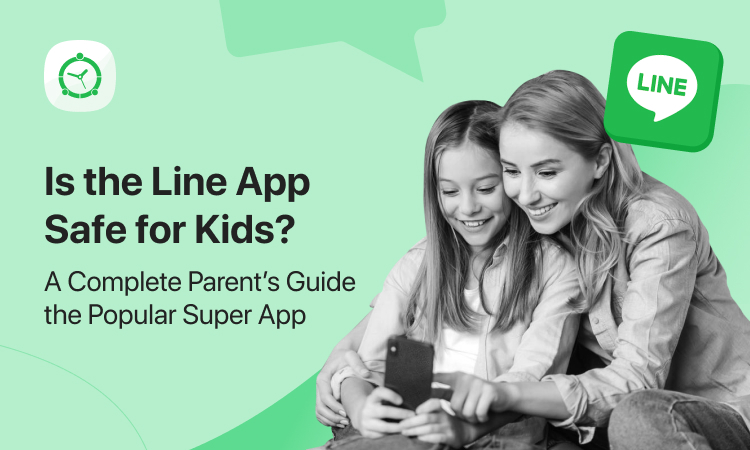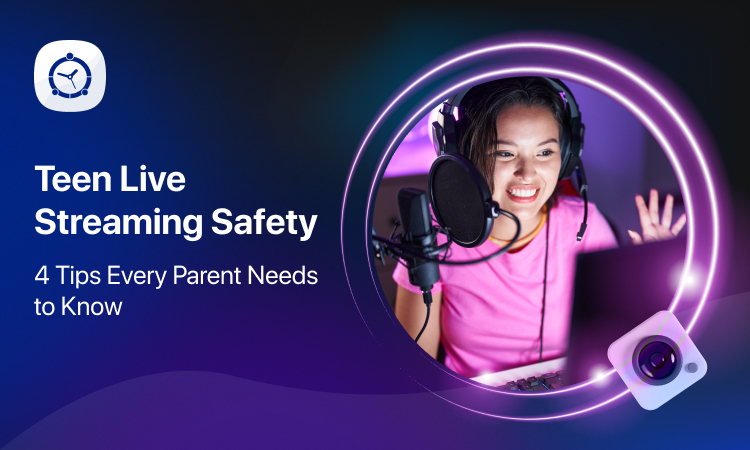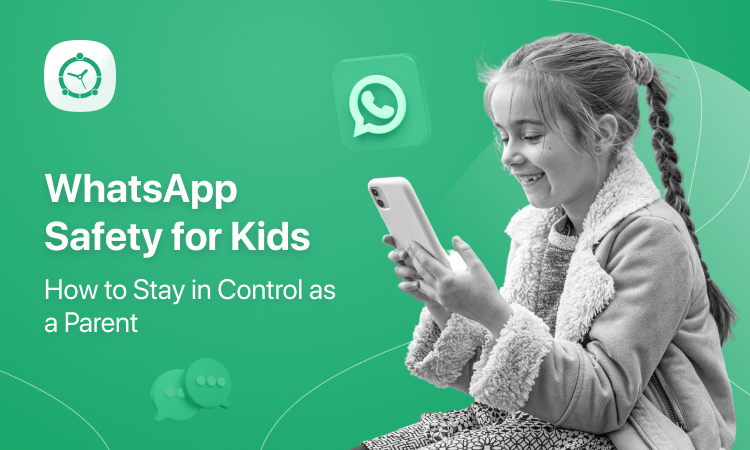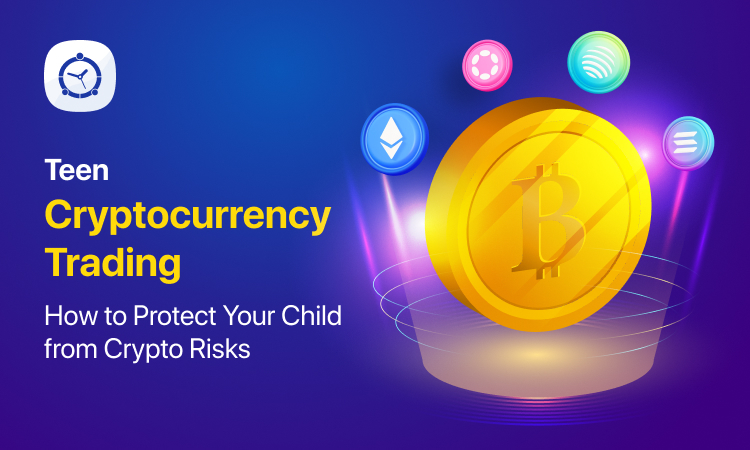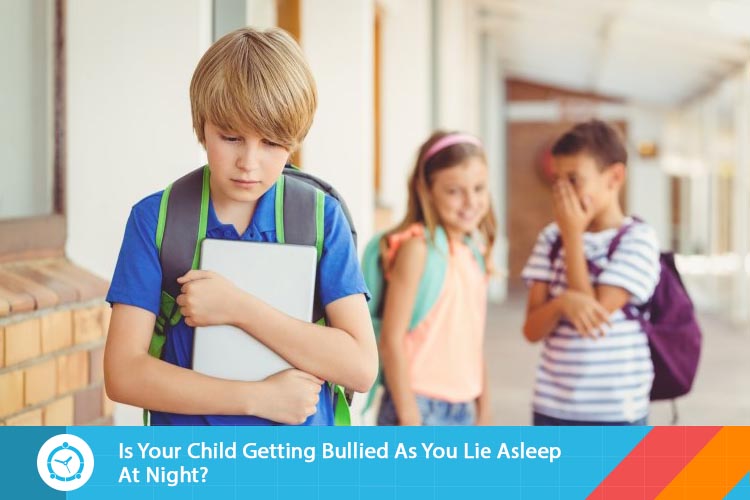
According to studies, almost 43% of kids have been bullied online at least once while only 1 in 10 would approach a parent or a trusted adult about it. The worst part is that many victims continue to suffer in silence feeling isolated and humiliated without ever saying a word about it to their parents or anyone. Formerly, bullying was something many kids faced in schools or playgrounds and could escape it as they came home, their safe haven, but today the bullying stays in their pockets and follows them all the way to their rooms. Your kids are not safe from being bullied or made fun of even in their bedrooms today! What may seem like your kid having a good time going through their social media might actually not be ‘having a good time’ at all! They might be getting hate text messages or someone might be humiliating them by posting their embarrassing pictures online or calling them names and spreading rumors about them. You might be watching a film at night thinking your daughter is sound asleep when in actuality she might be getting hate calls from those bullies in her school. If bullying wasn’t enough to make the lives of so many kids miserable, cyberbullying makes it even harder for them to escape the emotional torture. Bullying, no matter in what form, has a long-lasting impact on a child’s self-esteem, confidence, mental and physical health, overall performance and capabilities. What’s alarming is that they might be getting bullied everyday and you wouldn’t have a clue, for they choose to not speak of it.
Why Your Kid Is Quiet About It?
There is no one universal reason as to why a victim of bullying may prefer to suffer in silence; there are a number of reasons which vary from person to person. A lot of kids do not speak up in fear of things getting even worse. They feel like if they told someone, the bully will eventually find out and get back at them in a much worse way. Hence, they keep quiet hoping that the bullying will eventually stop if they continued to ignore it. Many times, a bully may point out the weaknesses, defects or disabilities of the victim to make them feel worthless and mentioning those weaknesses or defects in front of an adult or parent may be too humiliating for the victim. Not many people like mentioning their insecurities, especially not kids.
Everyone likes to feel included and in many cases of bullying, victims continue to suffer the torture quietly just to be accepted by a group and not be labeled a ‘snitch’, ‘tattletale’ or ‘crybaby’ by the bullies. Kids do not understand the difference between snitching and reporting and they think reporting the bully would make them a snitch. A lot of kids who get bullied hide the emotional and/or physical abuse thinking that they wouldn’t be taken seriously by their parents or the school’s authority or that no one would believe them. Quite often, kids are told to deal with their problems on their own which is fine to some extent, but when it’s bullying, the problem often gets out of hand. Children should know there is always someone they can talk to and share their problems openly.
How To Know If Something Is Off
Even if your child refuses to talk about it directly, there may be indications to know if they’re being bullied. Talking to your child about how their day was can be particularly useful. See if they’re uninterested in talking about school or if their tone changes when narrating their day’s happenings. Pay particular attention to descriptions like “I hate going to school”, “There’s so much drama all the time” or the mention of any fights or disagreements. If your kid is avoiding having to go to school or is not interested in their hobbies anymore, that may be an indication. Be informed of your child’s friends and see if he or she is losing a lot of friends lately. A healthy sleep cycle is essential for good health and if your child is not getting enough sleep or is sleeping way too much lately, they may be going through something. Are they not getting enough sleep at night? Why do they look tired and lethargic when they wake up in the morning? All these questions can help you find out if your child is being bullied by someone.
Another thing is to observe their mood and behavior when they get back from school, while using their smartphone or just being at home in general. If they’re too quiet, irritable or seem stressed out, that could also be an indication. A drop in grades and performance is also a red flag. Bullying makes it hard for students to focus on their studies, hence their performance may drop drastically. The people around them may not be bullying them, but what about the people they talk to online? You might not even know about the individuals your child interacts with online or what kind of interactions they are. If you feel like something is up, the surefire way of knowing is by installing a parental control app with features such as text message monitoring and call logs. By reading the contents of the text messages delivered to or from your kid’s phone or the numbers your child is contacted by frequently, you can be sure about your concerns. FamilyTime offers the perfect solution for parents who are concerned that their child may be getting bullied. With the call logs feature, you can even look at the date and time stamps and call duration of each call and be sure if your teen or tween is getting any calls late at night.
The Story Of Karina Saifer Oliveira
Karina Saifer Oliveira was a regular 15-year-old from Nova Andradina, Brazil who ended her life because of incessant bullying and humiliation by her peers. She was told that her ex-boyfriend had shared intimate pictures of her online which made her feel terrible. Furthermore, she would get bullied for the way her hair was and receive hate messages from her classmates quite frequently. Karina appeared like any average teenager and her mother said that she was smart and planned on studying law; she never thought Karina would want to end her life. Sadly, she couldn’t take the abuse anymore and didn’t see a way out of it.
The implications bullying has on kids go without saying and like Karina, countless kids have fallen a victim to incessant bullying and mental and physical abuse. It’s always a good idea to keep tabs on your child’s routine life.
FamilyTime’s Advice: How You Can Help Your Kid
Whether you used your parental instinct or utilized a parental control app to know what’s up in your child’s life, now that you know, it’s time to address this issue for good. As mentioned earlier, bullying may have many diverse reasons, hence the solutions are also diverse, but boil down to one important step – talking to your child and making it count. Everyone knows talking is important, but just talking isn’t enough; talking the right talk is what makes all the difference. If you’re just going to sympathize with your kid or tell them that they need to buckle up and deal with it, it might not be so helpful after all.
Start off by telling your child that it’s very brave of them to speak up about the torture they’ve been enduring all this time and that the bullying doesn’t define them but defines the bully – there is nothing wrong with them. Bullies prey on timidness, low self-esteem and insecurities of the victim and if they do not see an emotional response or reaction from the victim, their dominance over the victim starts to diffuse. The tone of one’s voice reflects their confidence and so does eye-contact. If your child can tell the bully no in an emphatic or assertive tone, it’s very likely the bully will back off, for bullies think that their victim is weak and can not stand up to them. Ignoring the bully and walking away with their head held high also reflects confidence and being comfortable in one’s skin.
Sometimes practicing humor and laughing off the bully’s remarks as a joke or adding to the joke may make it obvious to the bully that the person before them is not fazed by anything they say; that’s just how comfortable they are with themself. Avoiding hanging out at places your child is most likely to encounter the bully without any adult supervision is also a good idea. Tell your kid that there is a difference between ‘tattletaling’ and ‘reporting’ and that there is nothing wrong with reporting when something is wrong.
Moving on to cyberbullies, there are many useful and easy-to-use parental control apps like FamilyTime that not only let you monitor your child’s text messages but also allow you to Watchlist contacts which sends you instant alerts the moment your child contacts or is contacted by the watchlisted numbers. Hence, with parental control apps you can always keep tabs on your children’s daily activities and take steps to help them instantly. Using technology and apps may be baffling for many parents, but with FamilyTime parental control app, simple installation, clear instructions on every step and 24/7 support from our dedicated customer support team, everything is a breeze!




